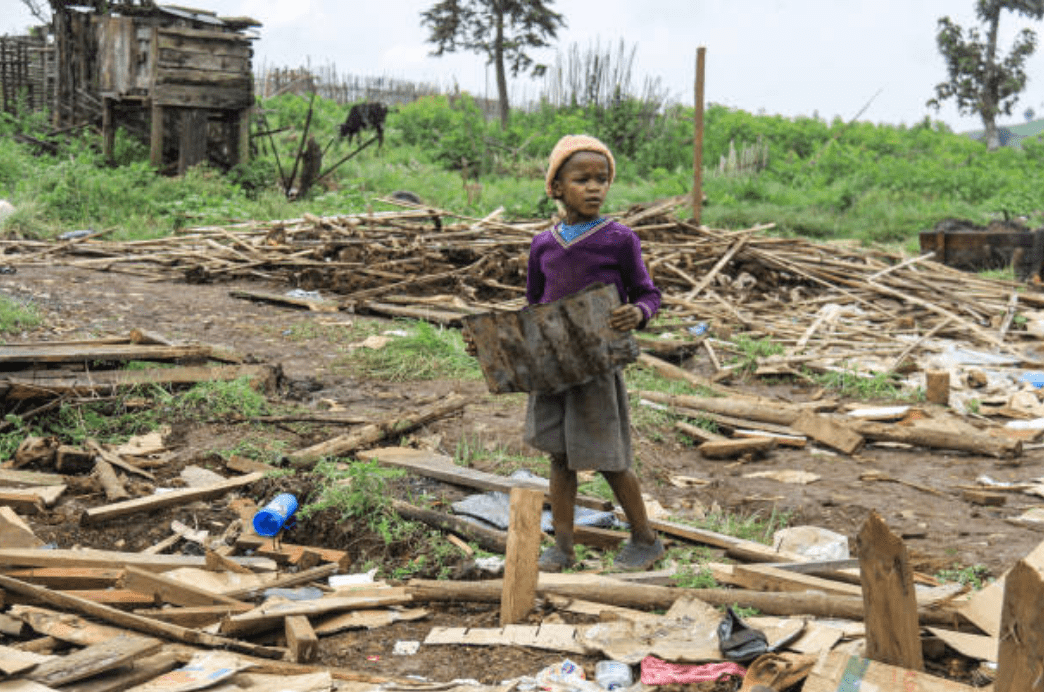As cited in a New York Times article this week, the UCLA Law Behind Bars Data Project recently announced that is releasing a “comprehensive public resource documenting prison deaths nationwide.” Already, their research demonstrates a devastating impact of COVID on incarcerated people:
In 2020, at least 6,182 people died in U.S. prisons. This is a 46% increase in the lives lost behind bars from 2019, despite a 10% decrease in the overall prison population. The U.S. has seen a significant, continual increase in deaths in prisons over the past two decades, but never before have the country’s prisons seen such a steep increase year-to-year.
Michael Everett and Lauren Woyczynski, ‘UCLA Law releases new database to monitor deaths in prisons with funding from Arnold Ventures,’ February 19, 2023.
In 2020, I began a similar research project documenting deaths inside prisons run by the Massachusetts Department of Correction (DOC). It began with a request to access public records of all deaths in the system from 2015 to when the request was filed (2020). Over the next years, I made several subsequent requests and the DOC provided additional data. Drawing on my research from Massachusetts, it is clear that the COVID mortality data provides an incomplete assessment of the impact on incarcerated people for several reasons. (See also my blog essays of Sept. 1 and Sept. 8, 2020).
- In the first wave of COVID (Spring 2020) testing was inadequate
and knowledge about the virus was still developing. Many people died of “other”
causes, and it was not tracked nor well understood how these may relate to
COVID. - There were severe disruptions in people’s access to regular
medical attention, including access to medicine for people suffering chronic
diseases. Medical care inside prisons is endemically poor, at best; it was
negligent during the pandemic. (See, for example, the Disability Law Center’s report on two
prisons for details, pp. 2 & 4). - A likely small, but still significant and unaccounted for,
number of incarcerated people were released on medical parole as they were
dying of COVID in hospitals. This cleared them from the DOC’s official numbers. - Even after the DOC was ordered by the state’s Supreme
Judicial Court to include deaths in mandated COVID data reporting, the data they reported through
this mechanism is inconsistent with dating revealed through public records
access requests.
In short, the available data across the country and in Massachusetts suggests that COVID was devastating for incarcerated people — and we know that the data is incomplete and contains inaccuracies. In Massachusetts, there has been no independent investigation or attempt to assess how the system could improve its ability to respond. The Courts have backed off and neither the former Governor nor the new Governor seemed to think that accountability applies to their prison system.



